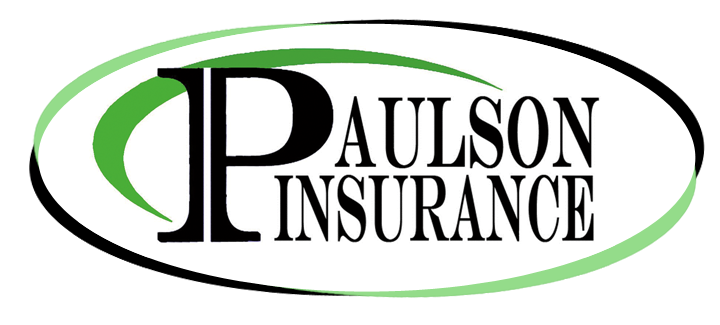What it typically covers
A typical policy will pay for damage to your property and your possessions in the event of certain storms, fire, theft or vandalism. Like renters insurance, it also provides liability coverage if someone gets hurt on your property and decides to sue. Homeowners insurance also covers shelter costs, so you don’t have to face crazy hotel bills if you’re temporarily displaced from your house.
Homeowners insurance can protect belongings outside the home, too. If something is stolen from your car, auto insurance won’t cover it — but your homeowners policy likely will. “Most policies will cover your belongings when they are traveling with you,” Derrick said. “If you have a $1,200 laptop and it gets lost by the airline, call your insurance agent — right after you file the claim with the airline, of course.”
What it doesn’t cover
A standard policy has exclusions including earth movements (landslides, earthquakes, sinkholes), power failure, war, nuclear hazard, government action, faulty zoning, bad repair or workmanship, defective maintenance and flooding. Windstorms are typically covered, including tornadoes, although insurance companies exclude tornadoes or hurricanes in some high-risk areas.
Water damage is tricky. As a rule of thumb, water from above (rainwater or a burst pipe in an upstairs apartment) is usually covered, but water from below (backed-up sewers or ground flooding) generally isn’t. If your region is prone to floods and earthquakes, you should consider supplemental coverage.





